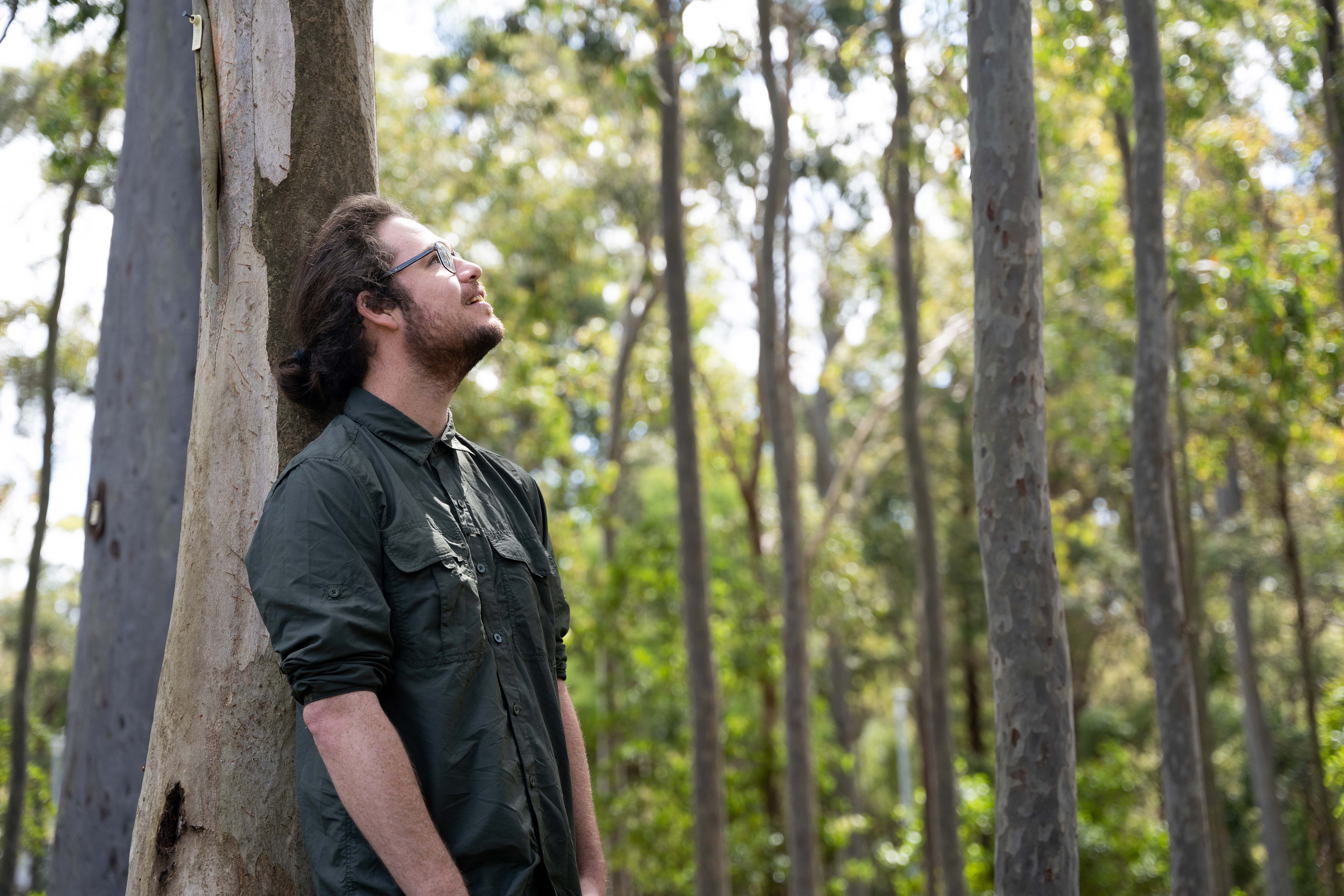Port Stephens community members are working with scientists to collect information to help save koalas in the region.
The citizen science initiative, led by the University of Newcastle with funding from FAUNA Research Alliance and the Federal Communities Environment Program, aims to capture a complete picture of the Port Stephens koala population to inform a koala monitoring program that will help protect the species.
Led by conservation scientist from the School of Environment and Life Sciences Dr Ryan Witt, PhD candidate Lachlan Howell and honours student Shelby Ryan from the university’s School of Environmental and Life Sciences, follows recent approval to expand the Brandy Hill quarry, a decision which the researchers believe bring into sharp focus the importance of conservation plans for Australia’s unique wildlife.
“In Port Stephens and other coastal regions in NSW, koala populations are declining rapidly due to multiple threats, mostly caused by humans, such as habitat destruction, bushfires, vehicle strikes, dog attacks and disease,” Dr Witt said.
“Declining population size and habitat isolation leads to inbreeding, which results in koala populations that are less fertile, more susceptible to disease and less equipped to cope with the threats of climate change.
“There are so many unknowns about koala population levels but if we can piece together an accurate picture of the population, we’ll be able to understand the risks they face and put plans in place to stop their decline.”
For the past 12 months the research team has been surveying for koalas on public land in the Port Stephens area. Researchers are now asking the community to help complete the picture.
The research project invites interested community members to help by reporting sightings or sounds of koalas, discoveries of sick or deceased koalas, koala threats and pests in the area.
“We know the Port Stephens community are passionate about their koalas and saving the population so by working in partnership with the community we are tapping into that passion and their knowledge. We’ll be combining conservation science with citizen science to identify and map areas important to koalas, which will allow us to inform future research and management actions for koalas in Port Stephens,” Dr Witt said.
Emeritus Professor John Rodger from FAUNA Research Alliance said that this project is crucial for providing a roadmap for koala protection not only in the Port Stephens region but for Australia.
“Port Stephens provides a unique opportunity, to not only inform the community about the needs of koalas but to give residents the chance to get involved themselves with their local koalas” Professor Rodger said.
Dr Witt said the local community were the people on the ground who could play a crucial role in conservation science, ensuring the koalas received the protection they needed.
The Community Survey is and is open until April 2021.
The project is supported by Port Stephens Council, Port Stephens Koalas and Save Port Stephens Koalas.







